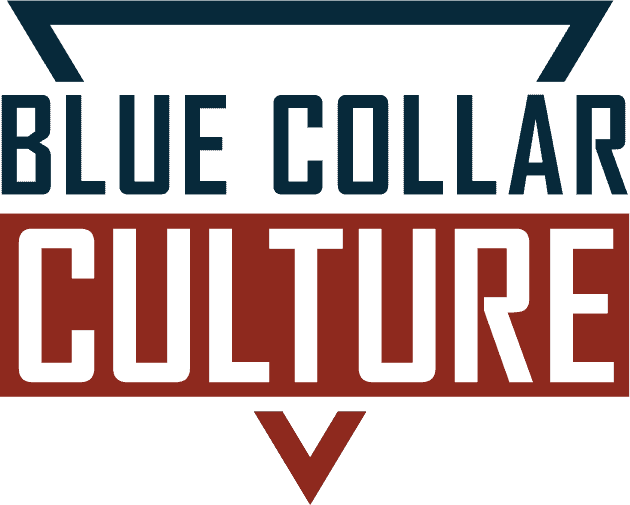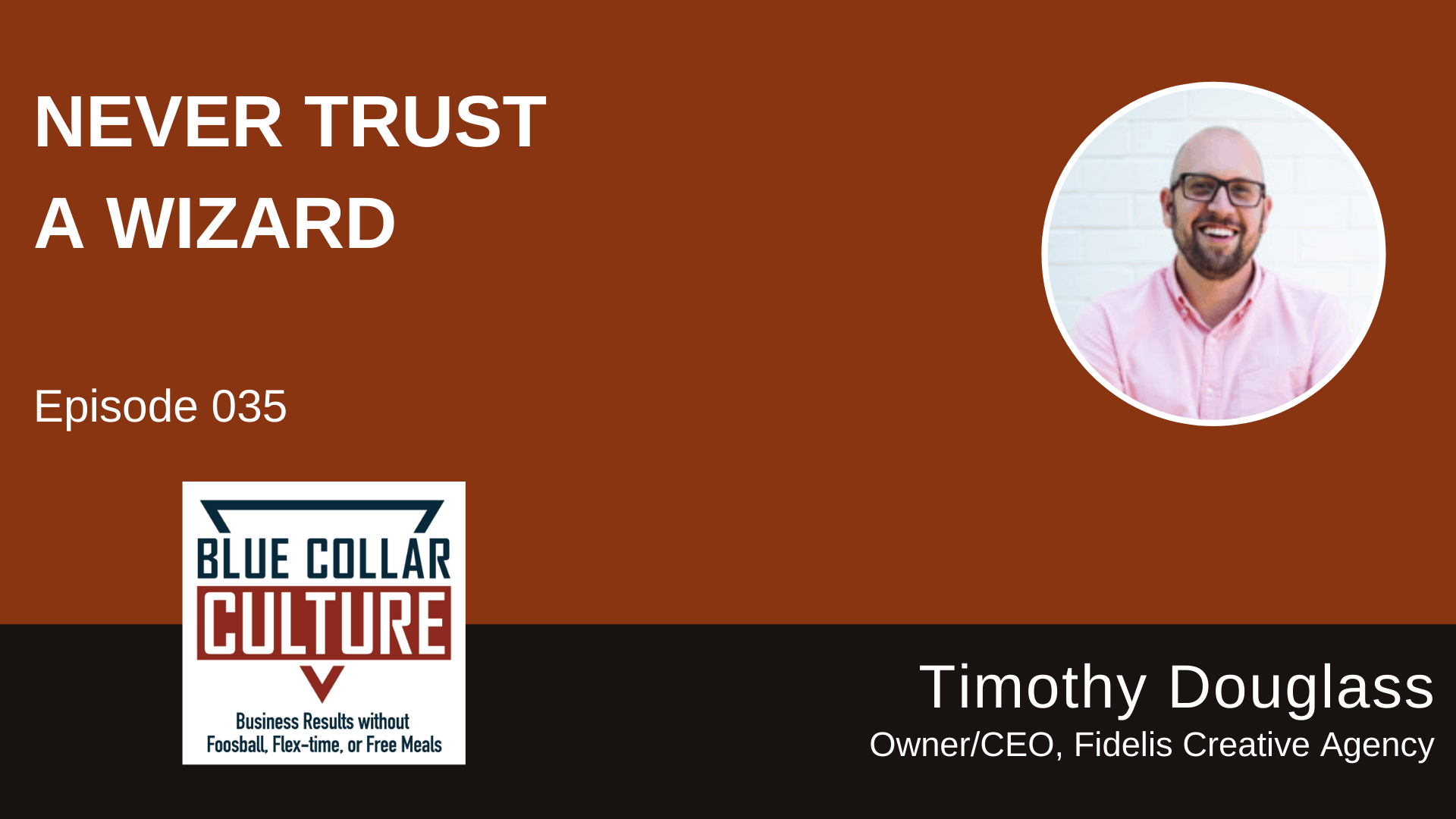On this week’s Blue Collar Culture Podcast, we speak with Tim Douglass, Co-Owner of Fidelis, a full-service creative agency comprised of blue-collar creatives. One of the things that a lot of businesses struggle with is being really effective at getting their message out in front of the right people so that they can generate leads, grow their business, hit their revenue goals, hit their profit goals, and really have a business that they’re proud of. Through Fidelis, Tim helps businesses do this every day.
“In digital marketing, specifically, there’s a myth that there are wizards or gurus out in the marketplace and they can make you be better and your business will be awesome, but that’s not how we roll; we want to grow with our clients. So, when we’re having a client conversation, if I get a sense that they’re just looking for the wizard to make it work, it’s a real moment of pause to say, hey, I want you to know that we are real people on the other side of this and there are real efforts going into it. It’s not magic and it’s not going to turn on overnight,” says Tim.
We chat about marketing myths, as well as:
- Some of Tim’s marketing success stories
- The importance of core values
- Why the 50/50 rule doesn’t apply to digital marketing
- “Never trusting a wizard”
- And more
Listen now…

